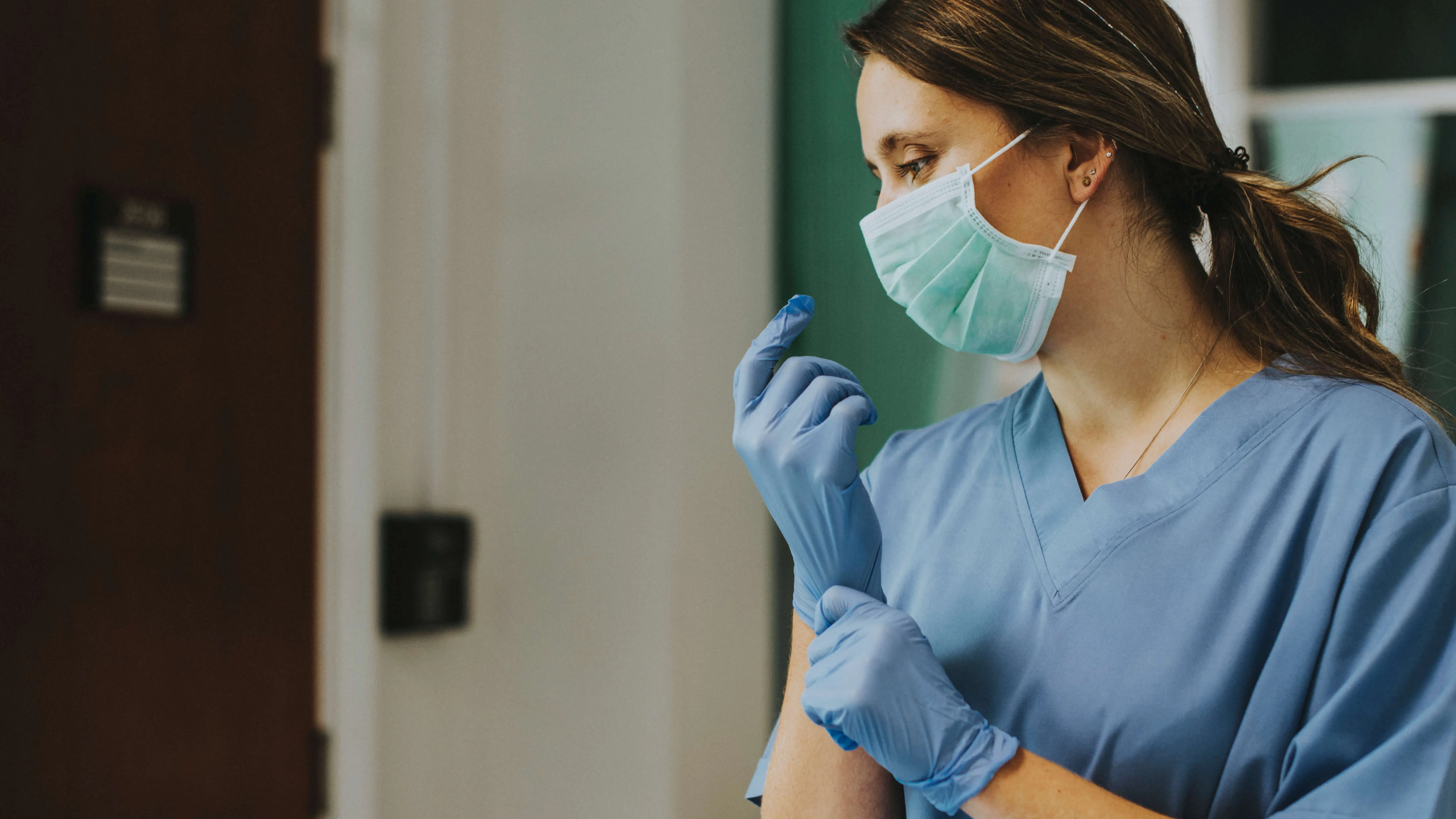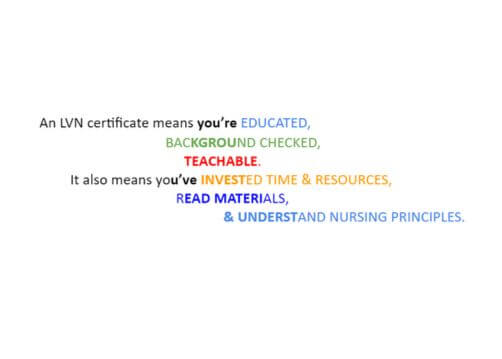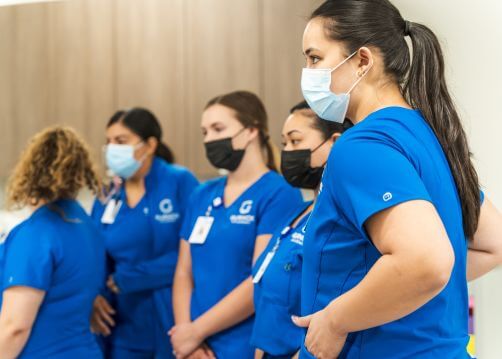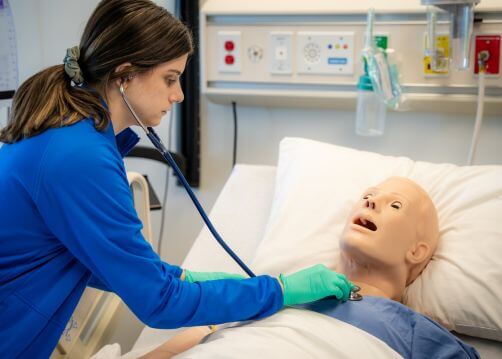LVN Responsibilities—Duties Shouldered by our Medical Heroes
Date: September 27, 2022
A Licensed Vocational Nursing (LVN)* role requires someone dedicated to assisting others. While this type of nurse has many responsibilities, their foremost duty is to meet patients’ needs. The Licensed Vocational Nurse often aids supervisory staff in providing optimum ongoing medical care within wellness communities. Working in hospitals, doctor’s offices, nursing facilities, and private homes Licensed Vocational Nurses provide direct care for patients. Simultaneously, they serve under physicians and registered nurses (RNs).1
The LVN as a Liaison
Generally, a Licensed Vocational Nurse is a middle healthcare staff person or liaison between a patient and their overseeing care provider.2 Therefore, an LVN must continuously monitor patients under their care so that they can transfer accurate and sufficient information. These duties often include writing detailed reports, maintaining precise charting, and recording medications. All the while, they observe symptoms and take vital signs. (Vital signs include temperatures, pulse rates, and blood pressure.) The Licensed Vocational Nurse logs results while keeping reports according to medical and state regulatory codes.
LVN Duties
Beyond the previously mentioned duties, a Licensed Vocational Nurse should expect to properly bandage wounds, change dressings, and provide light therapies. In brief, these include such items as walking or turning patients.
Should a physician require blood for testing or order an ultrasound, coordinating the practical aspects of these arrangements may fall to the Licensed Vocational Nurse. Additionally, a Licensed Vocational Nurse’s job involves patient hygiene, including bathing, changing, and other practical duties. When a Licensed Vocational Nurse accepts this role, they should consider that the position requires adaptability.
Additional LVN Duties
A Licensed Vocational Nurse can also ensure patients receive necessary medications, including oral drugs, injections, suppositories, and topical medications (lotions, creams, etc.).† Keep in mind, a Licensed Vocational Nurse may not assess patients or provide diagnoses. However, they may administer medicine legally. For this reason, this is perhaps the most considerable distinction between a Licensed Vocational Nurse and a certified nursing assistant (CNA).
Communication is Essential
Notably, communication with patients and their families is essential for this nurse. At times this can be stressful and even painful.
Because Licensed Vocational Nurses generally have close contact with patients and their families, they are often at the front of challenges. Moreover, they are regularly the first person a family member will contact in a crisis. For this reason, patients and families expect Licensed Vocational Nurses to discuss matters with care.
There are times when a Licensed Vocational Nurse must provide difficult news. Hence, due to this nurse’s proximity and communication with the sick and recovering, this person can often leave lasting impressions on patients’ lives. With this in mind, Licensed Vocational Nurses frequently have rewarding healthcare vocations. On the positive side, they are in positions that can provide real value to their patients.
Interested in Becoming an LVN?
Think you may be interested in being a Licensed Vocational Nurse? See the Gurnick Academy of Medical Arts’ Vocational Nursing course here.
*Every state, except for two, uses the term licensed practical nurse (LPN/PN). California and Texas refer to these professionals as (LVNs/VNs). 2
†In some states, one does not need a high-school diploma to enter the VN vocation.2
Citations
1 Unknown. 2019b. “VN Salary.” Healthcare Careers and Education. 2019. (Accessed Sept. 27, 2022).
2 Bucceri Androus, Amanda. 2020. “Who Can Use the Term Nurse?” Registered Nursing.org. December 10, 2020. (Accessed Sept. 27, 2022).





